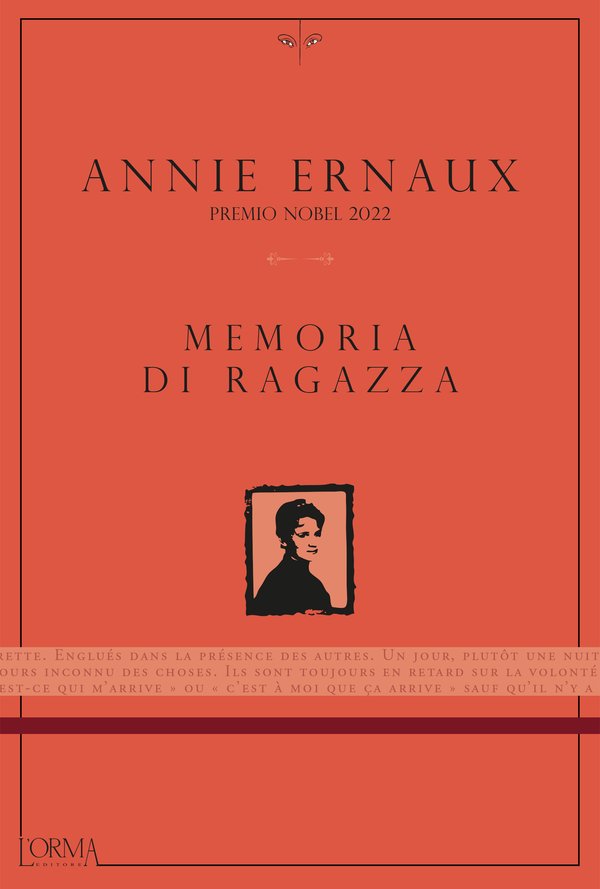ralentina reviewed Memoria di Ragazza by Annie Ernaux
On girlhood
3 stars
(I read this book in the Italian translation by Lorenzo Flabby). In this memoir, Annie Ernaux focuses on two years in her life - starting just before her 18th birthday, in the France of the 1950's. Her struggles to fit in, her tormented enconters wih sex, passion and abuse, her eating disorder, her becoming aware of her class. After reading some reviews that characterised the book as 'shockingly honest' I was a bit surprised: if anything, what is shocking is the extent to which her experiences resonate for me with the ones of many women I know. The pressure to 'be cool' before one understands what that means oneself, the conundrum that casts every woman as either slut or nun, the aura that, in many circumstances, still surrounds the act of 'losing one's virginity' (aargh). As Ernaux spells out in the book, the point of writing the story is that some readers might find it familiar.
The story proceeds hesitantly, because the author has to reconstruct it through objects, photos, field visits and, above all, long immersion in her memory. Some books represent, and some books explore, and this one belongs to the latter category (and openly so, since this sentence is an almost direct quotation).
On another level, the book is also a reflection on the impossibility to recount the past. Or, rather, on the inevitable gap that opens up between the past as we lived it, and the version of it that we tell. And, therefore, between 'us as we were', and 'us as we are'. Ernaux formulates this reflection in plain words, in a sort of dialogue with the reader: should I use the third person when I write about my 19yo self? Should you trust what I say? What am I making up to fill the gaps? I lately grew mildly allergic to this sort of literary meta-meditation on the power of literature, but I'm positive that it's a phase, and I still could appreciate the fact that it was sensibly done.

